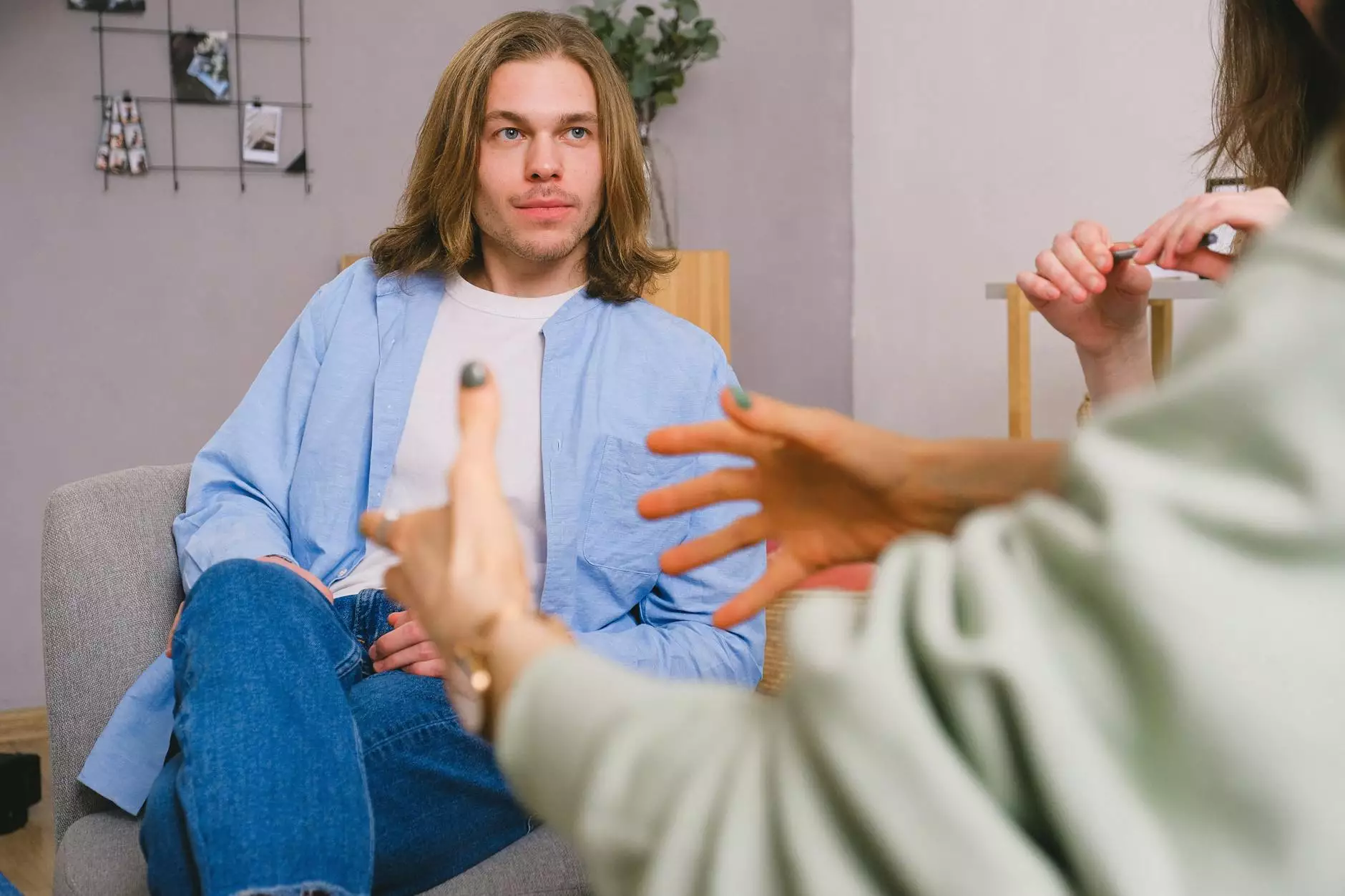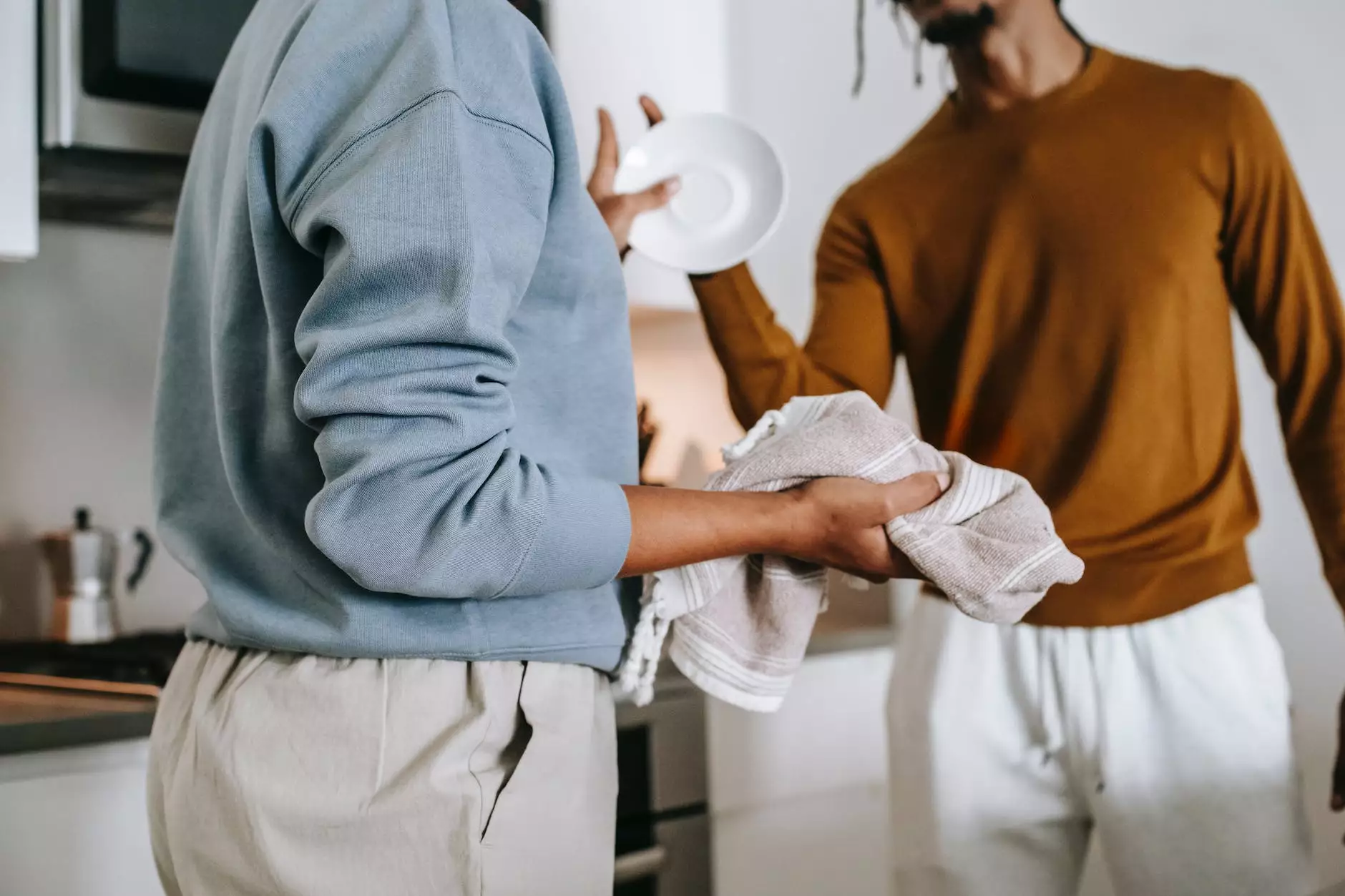Selfitis - How Many Selfies is Too Many?
Narcissism
Introduction
Welcome to the comprehensive guide on selfitis, a modern phenomenon that has gained widespread attention. In this article, we will explore the signs, symptoms, and potential impact of selfitis on mental health. We will also discuss effective strategies for managing selfitis, backed by expert insights from Alison K Bowles, Ma, Lmhc, a trusted name in the field of mental health.
Understanding Selfitis
Selfitis refers to the excessive taking and sharing of selfies, typically motivated by an individual's desire for self-validation and social approval. While selfies have become an integral part of our digital culture, it is essential to recognize when selfie-taking crosses the line and becomes a problem.
The Three Levels of Selfitis
Dr. Mark Griffiths, a renowned psychologist, proposed a framework to categorize selfitis into three levels:
- Borderline Selfitis: Individuals take and share selfies at least three times a day but do not post them on social media.
- Acute Selfitis: Individuals take and share selfies at least three times a day and post them on social media platforms.
- Chronic Selfitis: Individuals have an uncontrollable urge to take and share selfies throughout the day, often posting multiple times on social media.
Signs and Symptoms
Recognizing the signs and symptoms of selfitis is crucial in determining whether one has crossed the threshold from healthy selfie-taking to selfitis:
- Constant urge to take selfies
- Feeling anxious or restless without taking selfies
- Ignoring your surroundings and relationships due to excessive selfie-taking
- Posting an excessive number of selfies on social media
- Deriving self-esteem based on the number of likes and comments on selfies
- Experiencing negative emotions when unable to take or post selfies
The Impact on Mental Health
Selfitis can have a significant impact on mental health, leading to various psychological and interpersonal issues:
Narcissistic Personality Traits
A correlation has been found between selfitis and narcissistic personality traits. Excessive selfie-taking is often linked to a deep-seated need for attention, validation, and admiration.
Body Image Concerns
Selfitis can contribute to negative body image as individuals compare themselves to others based on their appearance in selfies. This constant comparison can lead to self-esteem issues and feelings of inadequacy.
Social Withdrawal
Excessive selfie-taking can result in individuals withdrawing from offline social interactions, preferring to focus on the virtual realm. This isolation can lead to feelings of loneliness and a lack of genuine human connection.
Obsessive-Compulsive Behavior
Some studies suggest a link between selfitis and obsessive-compulsive behavior, wherein individuals feel compelled to take and post selfies repetitively, despite any associated negative consequences. This behavior can disrupt daily functioning and impair relationships.
Managing Selfitis
If you or someone you know is struggling with selfitis, it is essential to seek professional help. Alison K Bowles, Ma, Lmhc, offers expert assistance in managing selfitis and improving overall mental well-being.
Assessment and Diagnosis
Through a comprehensive assessment, Alison K Bowles, Ma, Lmhc, can determine the severity of selfitis and identify any co-existing mental health conditions. This information forms the basis for developing a personalized treatment plan.
Therapeutic Interventions
Alison K Bowles, Ma, Lmhc, utilizes evidence-based therapeutic interventions to address the underlying factors contributing to selfitis. Cognitive-behavioral therapy (CBT), dialectical behavior therapy (DBT), and mindfulness techniques are some of the approaches that can be employed.
Building Healthy Coping Mechanisms
Developing alternative coping strategies is crucial in managing selfitis. Alison K Bowles, Ma, Lmhc, assists individuals in identifying healthier ways to boost self-esteem and engage in meaningful social connections.
Supportive Environment
Alison K Bowles, Ma, Lmhc, recognizes the importance of a supportive environment t




